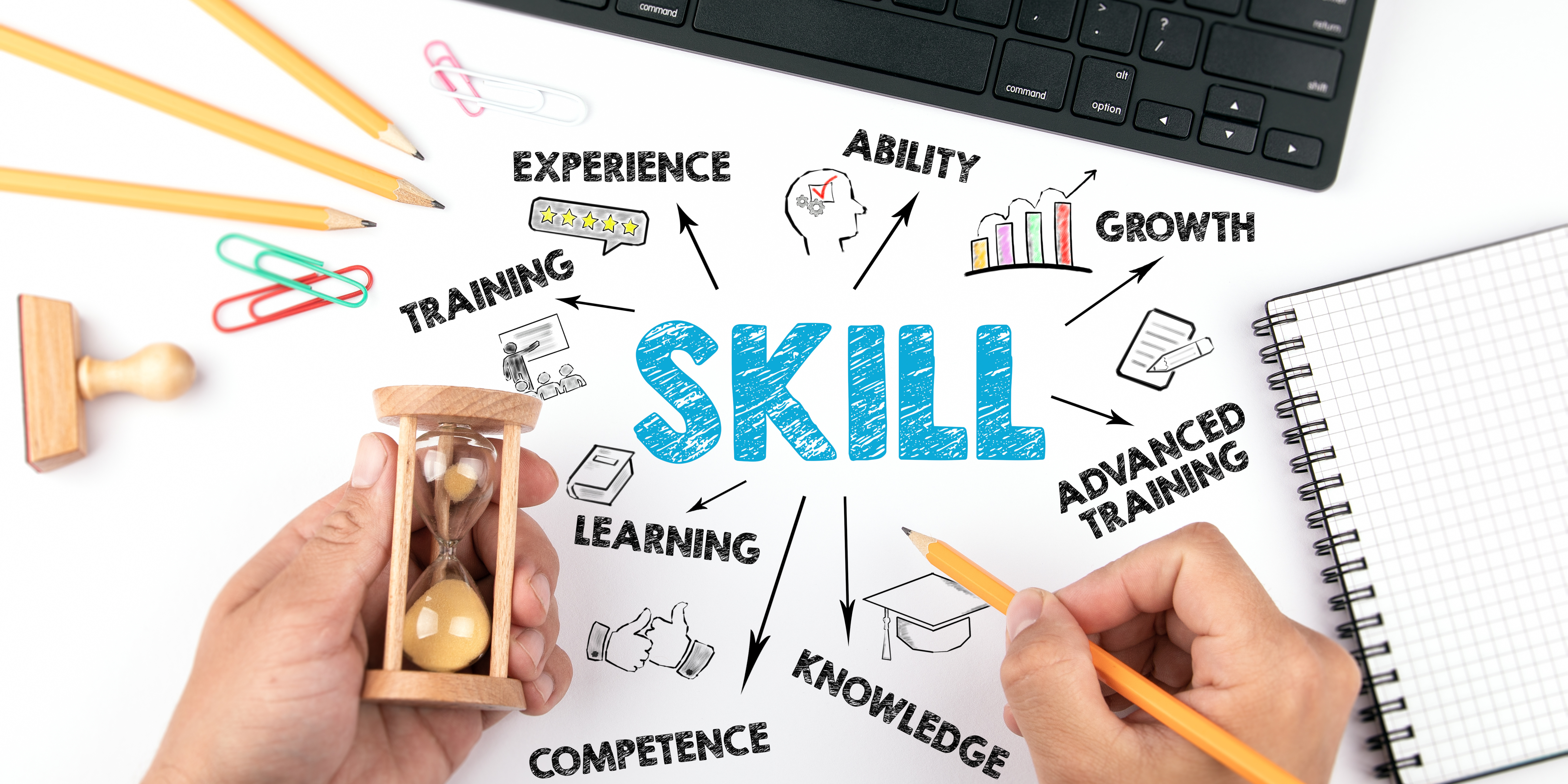As a hiring manager, conducting effective technical interviews is crucial for identifying top talent and ensuring a successful match between candidates and your organisation. In today’s competitive job market, assessing technical skills goes beyond asking generic questions — it requires a strategic approach. Let’s explore how you can conduct impactful technical interviews that lead to informed hiring decisions.
- Understand the Role and Required Skills
Before diving into technical assessments, thoroughly understand the role you’re hiring for. Identify the specific technical skills and competencies needed. Consider both hard skills (technical expertise) and soft skills (communication, problem-solving, teamwork). Tailor your interview process accordingly.
- Structured Interview Plan
Create a structured interview plan that includes specific questions and tasks related to technical skills. This ensures consistency and helps you cover all necessary topics during the interview. Your plan might include:
-
- Coding Challenges: For software engineering roles, assess coding abilities through hands-on challenges or live coding sessions.
- Whiteboard Interviews: Evaluate problem-solving skills and algorithmic thinking.
- System Design Questions: Assess architecture and scalability knowledge.
- Behavioural Questions: Combine technical and behavioural aspects to understand how candidates approach real-world scenarios.
- Behavioural Interview Questions
While technical skills are essential, behavioural questions provide valuable insights into a candidate’s approach to problem-solving, collaboration, and adaptability. Ask questions like:
-
- “Tell me about a challenging project you worked on.”
- “How do you handle tight deadlines or unexpected changes?”
- “Describe a situation where you had to troubleshoot a complex issue.”
- Pair Programming and Collaboration
Consider incorporating pair programming rounds. Invite candidates to collaborate with you on a coding task. This reveals their ability to work in a team, communicate effectively, and adapt to different coding styles.
- Case Studies and Real-World Scenarios
Present candidates with case studies or real-world scenarios related to the role. Ask them to propose solutions, design systems, or troubleshoot issues. This mirrors the challenges they’ll face on the job.
- Assess Online Portfolios
Before the interview, review candidates’ online portfolios. Look for evidence of their technical projects, contributions, and coding style. This provides context and helps you tailor your questions.
- Set Realistic Expectations
Understand that not every candidate will excel in all areas. Set realistic benchmarks based on the role and the level of expertise required. Focus on assessing core competencies rather than expecting perfection.
- Active Listening and Follow-Up Questions
During the interview, actively listen to candidates’ explanations. Ask follow-up questions to dive deeper into their thought process. Understand not only what they know but also how they approach problems.
- Provide Constructive Feedback
After the interview, provide constructive feedback. Highlight strengths and areas for improvement. Candidates appreciate actionable insights, even if they don’t receive an offer.
- Continuous Learning
Stay updated on industry trends and technologies. Attend conferences, read industry blogs, and engage with the community. This ensures you can effectively assess candidates’ knowledge of the latest tools and frameworks.
Remember, technical interviews are not just about evaluating skills; they’re about finding the right fit for your team. By combining technical assessments with behavioural insights, you’ll make informed hiring decisions and build a strong workforce.





